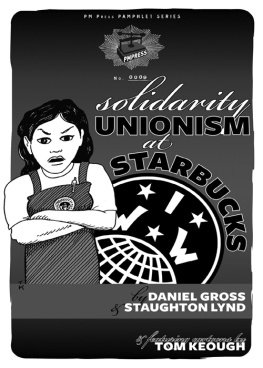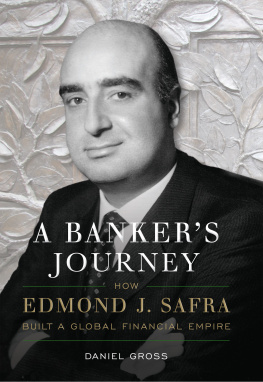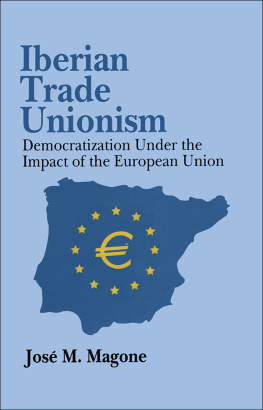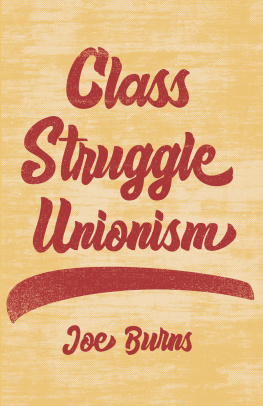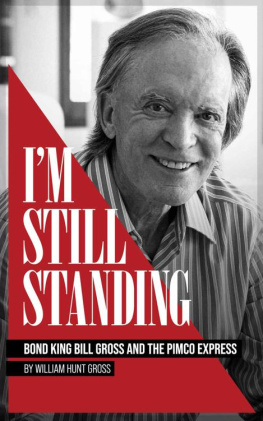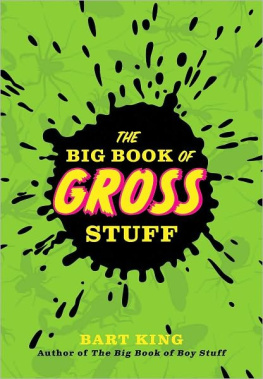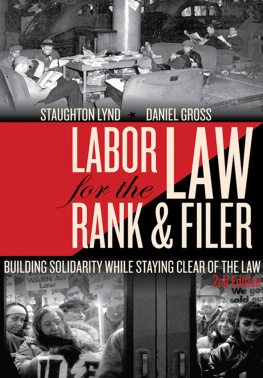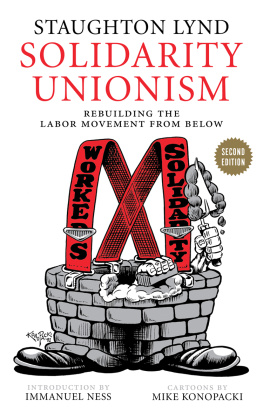PM PRESS Pamphlet Series
0001: BECOMING THE MEDIA: A CRITICAL HISTORY OF CLAMOR MAGAZINE
By Jen angel
0002: DARING TO STRUGGLE, FAILING TO WIN: THE RED ARMY FACTIONS 1977 CAMPAIGN OF DESPERATION
By J. Smith And Andr Moncourt
0003: MOVE INTO THE LIGHT: POSTSCRIPT TO A TURBULENT 2007
By the Turbulence Collective
0004: THE PRISON-INDUSTRIAL COMPLEX AND THE GLOBAL ECONOMY
By Eve Goldberg and Linda Evans
0005: ABOLISH RESTAURANTS: A WORKERS CRITIQUE OF THE FOOD SERVICE INDUSTRY
By Prole.info
0006: SING FOR YOUR SUPPER: A DIY GUIDE TO PLAYING MUSIC, WRITING SONGS, AND BOOKING YOUR OWN GIGS
By David rovics
0007: PRISON ROUND TRIP
By Klaus Viehmann
0008: SELF-DEFENSE FOR RADICALS: A TO Z GUIDE FOR SUBVERSIVE STRUGGLE
By Mickey Z.
0009: SOLIDARITY UNIONISM AT STARBUCKS
By Daniel Gross & Staughton Lund
PM Press PAMPHLET SERIES NO. 0009
SOLIDARITY UNIONISM AT STARBUCKS
By Daniel Gross & Staughton Lund
ISBN: 978-1-60486-420-5
Copyright 2011 Daniel Gross & Staughton Lynd.
This edition copyright PM Press
All Rights Reserved
PM Press
PO Box 23912
Oakland, Ca 94623
www.pmpress.org
Layout and design: Daniel Meltzer, Vallan anundson
Cartoons by Tom Keough
Printed in Oakland, CA on recycled paper with soy ink.
a BOOKLET SERIES
on Practicing SOLIDARITY
UNIONISM?
W e hope this will be the first of a series of booklets on practicing solidarity unionism.
In our view, solidarity unionism is not an organizing formula. It is what workers do naturally when they have common problems.
For example, in the New York Times for June 11, 2010, an article appeared entitled An Independent Labor Movement Stirs in China. According to the article, the workers developed their own organization when employees in each department met and elected shop stewards to represent them. They demanded the right to form new trade unions separate from the government-controlled national trade union federation which has long focused on maintaining labor peace for foreign investors.
Workers gathered in clumps before a factory that makes parts for Honda criticized local authorities for seeming to side with the company and said that they would remain on strike. At two other Honda parts factories employees returned to work after they were promised large pay increases.
Like the Starbucks workers described in this booklet, striking Honda workers interviewed by the Times spoke of unsafe and humiliating working conditions. Workers were required to stand for eight hours at their work stations. Pregnant women were allowed to sit only in the last trimester. Workers were not allowed to speak while working, and had to obtain passes before going to the bathroom.
The strike began when a woman showed up for work with her identity card improperly attached to her shirt. A guard refused to let her enter and, after an argument, shoved her to the ground.
W hether more booklets appear depends on you, the reader. Please dont think that we are interested only in workers who have not yet formed a union. Another story that we hope to tell concerns steelworkers at the U.S. Steel Homestead Works. There the company had recognized a union and every few years went through the motions of negotiating new contract language, but the local union officers had long ago stopped fighting for the members. The proposed booklet will describe how a rank-and-file movement was elected to local union office and what happened next.
If you have had an experience that you would like to share with other workers or organizers in a booklet that tells your story, please communicate with Staughton Lynd in any one of the following three ways: by e-mail at ; by snail mail at 1694 Timbers Court, Niles, Ohio 44446; or by telephone at (330) 652-9635.
ABOUT the AUTHORS
D aniel Gross began working for Starbucks in 2003. He helped to organize the IWW Starbucks Workers Union (SWU), founded on May 17, 2004. In 2006, Daniel was fired after taking part in a picket line protest. The National Labor Relations Board has recently found his discharge to be an unfair labor practice.
S taughton Lynd practiced employment law as a Legal Services attorney in Youngstown, Ohio. He is the author of Solidarity Unionism and editor of We Are All Leaders: The Alternative Unionism of the Early 1930s. He and his wife Alice Lynd edited Rank and File and The New Rank and File.
Except for , Update 2007-2010, this booklet is a lightly edited version of an article which first appeared in that exemplary periodical, WorkingUSA: The Journal of Labor and Society 10 (September 2007), 347-356.
Mr. Gross contribution to this booklet was drafted after his discharge in 2006. It has been supplemented by material drawn from an interview with him, Anarchy, Precarity & the Revenge of the IWW, conducted by Now or Never in April 2007 and posted on News & Views for Anarchists & Activists, http://groups.yahoo.com/group/smygo, which the authors acknowledge with thanks.
I. INTRODUCTION
M any proposals to solve the labor movements problems are on the table. There is the idea of operating completely outside the framework of any labor law, state or federal, as the Farmworkers did initially. A second proposal would require employers to bargain with unions that represent less than a majority of workers in an appropriate bargaining unit. Another suggestion is to make the Thirteenth Amendment rather than the Commerce Clause the jurisdictional basis of an amended Labor Management Relations Act (LMRA). Perhaps workers centers utilizing state and federal wage and hour laws could put movement back in the movement, others say. And of course, the mainstream trade union movement advocates card-check designation of an exclusive bargaining representative as their solution of choice.
Each of these thoughts comes to us as the change that might turn things around. None of them have lifted very far off the ground in the real world. In none of them can one find any strategy for combating the flight of capital to low-wage economies. All are constrained by the assumptions of a Social Democratic mindset: first one finds a progressive union leader (such as Lewis, Reuther, Murray, Bridges, Chvez, Miller, Sadlowski, Carey, etc.), then that leader calls for the creation of a labor party, then that labor party peacefully ushers in a new day. It is as if history had stopped in 1913, before the betrayal of socialism by most of the worlds Social Democratic parties in August 1914 demonstrated the inadequacy of that perspective once and for all.
Meantime, a group of organizers for the Industrial Workers of the World (IWW) have pursued what at first glance may seem a more conventional strategy: to pursue direct action and to file charges with the National Labor Relations Board pursuant to Sections 7 and 8 of the LMRA, while wholly avoiding the provisions for elections in Section 9.
In the second part of what follows, Daniel Gross of the IWW tells the story of using this approach at Starbucks establishments in New York City. First, however, Staughton Lynd offers a rationale for this bifurcated strategy.




